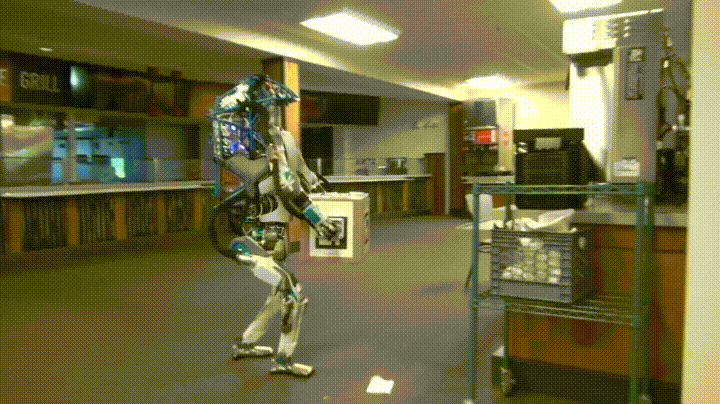
You slept for 8 hours, but woke up feeling like your bed secretly hated you. Meanwhile, some lunatic out there thrives on just 5 hours. What gives? Is sleep a scam, or is there a secret formula to waking up refreshed? Spoiler: It’s not a scam. But the magic number isn’t what you think. Let’s crack this sleep code together, Sleep Fanatix style.
What’s Really the Ideal Number?
According to sleep experts (aka people who probably never binge-watch shows until 2 AM), here are the general sleep recommendations:
- Kids & Teens: 8–10 hours (because school is exhausting)
- Adults: 7–9 hours (because life is exhausting)
- Older Adults: 7–8 hours (because they’ve earned it)
Sounds simple, right? Sleep for the recommended hours, wake up feeling amazing. Except reality says otherwise. Because quality matters just as much as quantity. If your sleep is constantly interrupted, or you’re stuck in light sleep all night, you could be in bed for 9 hours and still wake up feeling like a malfunctioning robot. ↓

Why 8 Hours Isn’t the Magic Number
We’ve all been force-fed the “8 hours” rule, but in reality, sleep needs are about as predictable as your dreams (one minute you’re flying, the next you’re late for an exam you never studied for). Some people thrive on 6.5 hours, while others need a full 9 hours to function like a decent human being. The key factor? Sleep cycles.
Here’s the deal: Sleep isn’t just about hours—it’s about cycles. Each cycle lasts about 90 minutes and includes deep sleep and REM (aka dream mode). Mess with those, and you’ll wake up feeling your life sucks. Ideally, you want to wake up at the end of a cycle, not in the middle of one. Think of sleep cycles like a rollercoaster. You want to get off at the end of the ride, not mid-loop. Waking up mid-cycle is like being yanked off the ride—disorienting and mildly traumatic. I promise I will cover this in detail in another post, so stay in bed… I mean, stay tuned.
How to Find Your Perfect Sleep Number
Forget generic recommendations—your best sleep duration is the one that makes you feel actually alive in the morning. Here’s how to crack the code:
- Experiment with different sleep durations – Try sleeping for 6, 7.5, or 9 hours and track how you feel in the morning. Write it down, but keep it chill—no need to write a novel. A simple “felt like a bag of smashed potatoes” or “woke up ready to conquer the world” will do. No pressure, just vibes.
- Use sleep tracking apps – Pair them with a smartwatch from brands like Apple, Garmin, Samsung, or Fitbit for more accurate data. Top sleep apps such as Sleep Cycle, Pillow, and SleepScore can help you determine when you’re waking up mid-cycle—or when your REM dream theater is interrupted by the alarm clock. (Rude!)
- The Ultimate Test: If you wake up moving slower than a sloth in a swimming pool, congrats—you need more (or better) sleep.
- Adjust based on lifestyle – If you’re crushing workouts, drowning in stress, or flexing your brain at a mentally demanding job, your body might be screaming for more sleep. Listen to it. It’s smarter than you think.
The Final Takeaway
There’s no one-size-fits-all answer. Your sleep sweet spot is unique to you. The key is to pay attention to how you feel, not just how long you sleep. Because at the end of the day, it’s not about sleeping more—it’s about sleeping smarter.

And remember, here at Sleep Fanatix, we don’t just sleep—we sleep like we mean it. Stay tired, stay curious, and let’s master this sleep game together.



